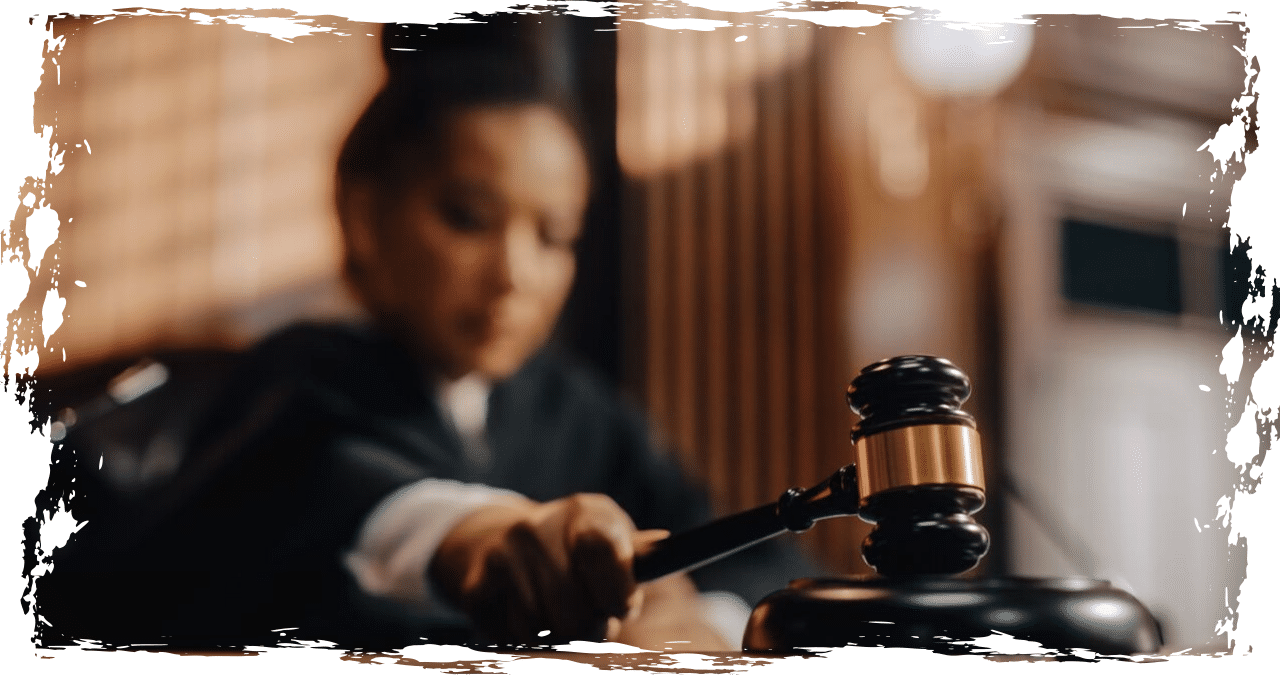On Friday, a federal appeals court heard arguments regarding a 2022 law in Florida that limits the teaching of race-related concepts in state universities. The law, which was named the “Stop WOKE Act” by Gov. Ron DeSantis, has sparked a debate about government power and academic freedom.
In November 2022, Chief U.S. District Judge Mark Walker issued a preliminary injunction against the law, stating that it violated First Amendment rights. The state has since appealed this decision.
During Friday’s hearing, Charles Cooper, a state attorney, asserted before a three-judge panel of the 11th U.S. Circuit Court of Appeals that the state is authorized to decide on the substance of university courses. He cited legal precedents that support the constitutionality of the law.
Cooper stated that the government often has a viewpoint in numerous cases.
Leah Watson, an attorney representing university instructors who contested the law, countered Cooper’s assertions and claimed that the sole aim of the law “is to stifle unpopular opinions.” She emphasized the significance of academic freedom and insisted that it is the responsibility of universities, rather than the Legislature, to uphold standards.
According to the ACLU Racial Justice Program’s senior staff attorney, Watson, classroom instruction should not be considered as government speech.
It usually takes several months for rulings to be made in such cases.
Governor DeSantis prioritized passing a law that he dubbed the “Stop Wrongs To Our Kids and Employees Act,” also known as the “Stop WOKE Act.” He has been a vocal critic of what he perceives as “indoctrination” in education, and he played a key role in the recent conservative overhaul of the New College of Florida, which is part of the state university system.
According to the law, discrimination can occur if students are exposed to teachings that endorse, advocate, encourage, instill, or force the acceptance of certain race-related ideas. The law outlines a range of such concepts.
According to the law, it is considered discriminatory if students are made to feel responsible for or receive unfavorable treatment due to actions committed by other individuals of the same race, color, national origin or sex in the past.
The law aims to prevent teaching that may lead students to experience emotional distress, such as guilt or anguish, due to actions committed by individuals of the same race, color, national origin, or sex in the past, in which the student had no part.
When the preliminary injunction was issued, Judge Walker, who was appointed by former President Barack Obama, criticized the law, referring to it as “positively dystopian.” He went on to say that the law is “antithetical to academic freedom and has cast a leaden pall of orthodoxy over Florida’s state universities.”
In a significant move, Walker issued a preliminary injunction against a portion of the law that imposed constraints on discussing race-related topics during workplace training. The appeals court panel had already upheld this injunction in March.
During Friday’s hearing, a significant topic of discussion was the extent of the Legislature’s power in determining the content of discussions in state classrooms. Judge Barbara Lagoa noted that universities are inherently state institutions and that the matter at hand pertains to the speech of state employees.
Judge Charles Wilson expressed doubt regarding the state’s claims, particularly its invocation of an “academic freedom exception” to limitations on government speech.



